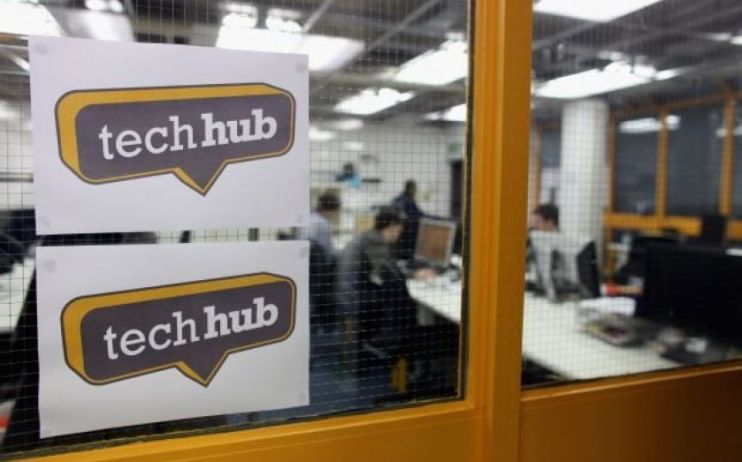DEBATE: Is there a future for tech hubs post-Covid?

Is there a future for tech hubs after Covid-19?
Gavin Poole, chief executive of Here East, says YES.
For centuries, the success of London’s business landscape has been steeped in the clusters of industry across the city. Companies and entrepreneurs exist side by side, driven by a shared mission and passion, and an exchange of ideas. The tech hubs and campuses in East London that have formed over the last decade are no different — they serve the same crucial purpose in catalysing the growth of this globally transformative sector.
Despite the age of social distancing and flexible working Covid-19 has ushered in, tech hubs can and will continue to foster collaboration within diverse communities, driving progress in cutting-edge tech.
Remote working has only been possible for this temporary period of time because we have taken the personal and business relationships from our pre-pandemic life home with us — and these cannot sustain us for ever without being replenished. In-person interaction, both spontaneous and planned, which hubs facilitate, are often the best sources of inspiration and innovation across industries.
Hubs and campuses will indeed have to adapt, but they were built on flexibility and will continue to flourish, proving the resilience of our need to work together.
Read more: DEBATE: Should we be worried about a tech bubble?
David Richards, chief executive and co-founder of WANdisco, says NO.
The so-called cluster theory of 1890 was built around an idea that grouping companies from the same industry in the same district would boost productivity. Now, Covid-19 could be the tipping point for a new approach.
In truth, many of our brightest tech companies — often the main beneficiaries of clusters — are thriving in this era of remote working. Geography is increasingly looking redundant when it comes to tech communities. The ease of remote working means teams can develop and refine the ideas that can underpin industries. People are pitching to investors over laptops and pivoting into new markets while scattered across cities, counties and even countries.
No-one would suggest the whole world can run entirely over Zoom indefinitely, but the changes catalysed by Covid-19 suggest that the connectivity, access and community that tech hubs once offered appear increasingly out-dated.
I’ve always said that talent is distributed evenly, but opportunity is not. Let’s focus resources on building the digital backbone of our economy — tackling digital poverty and establishing the digital networks nationwide that will enhance our ability for teams to collaborate, regardless of where they are based.
Main image credit: Getty